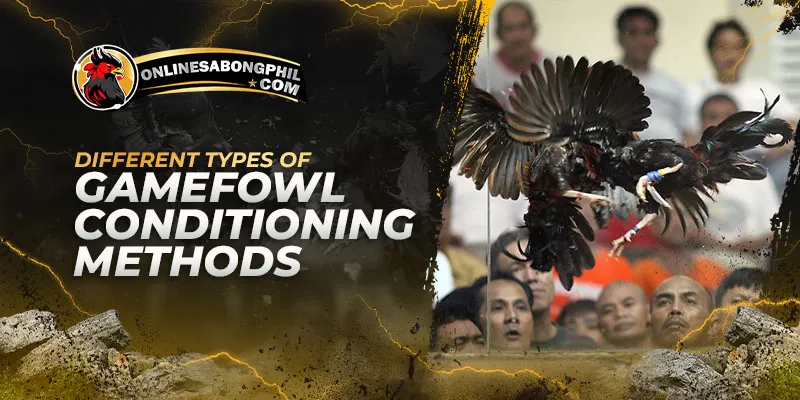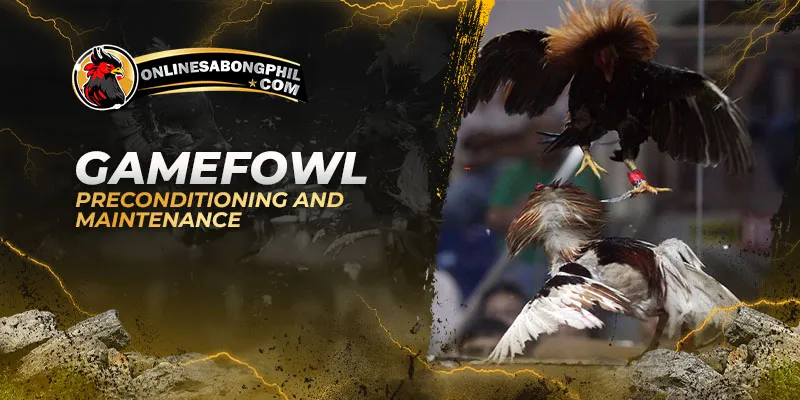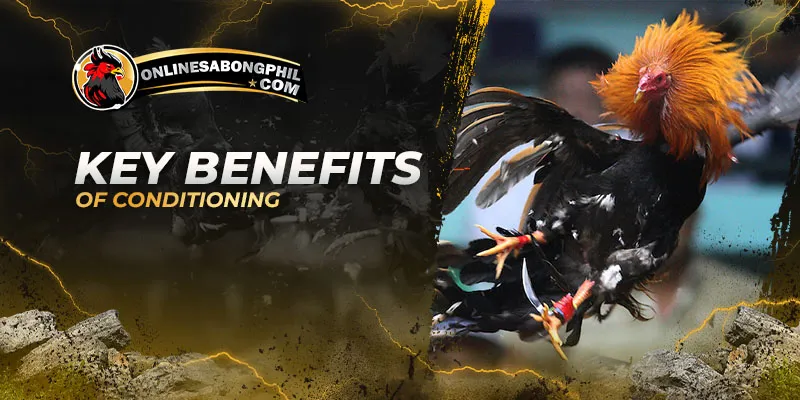Gamefowl conditioning methods encompass a rigorous set of practices to maximize the physical and mental performance of roosters bred for cockfighting. This process involves a multi-faceted approach, including targeted exercise regimens, specialized nutrition plans, and strategic sparring sessions. Conditioning aims to develop a gamefowl’s strength, endurance, agility, and fighting instinct to the highest possible degree.
While the ethics of cockfighting are heavily debated, understanding the methods used in Conditioning provides insight into the meticulous preparation and dedication sometimes invested in this controversial practice.
Gamefowl Conditioning Methods
Cockfighting preparations involve various conditioning methods to maximize a gamefowl’s fighting potential. Understanding these methods is crucial for those involved in the practice, even though it’s essential to be aware of the ethical controversies surrounding cockfighting. Let’s explore some common types of gamefowl conditioning.
21-Day Gamefowl Conditioning Program
The 21-Day Gamefowl Conditioning Program is a plan designed to make roosters stronger, more challenging, and better fighters for cockfighting. The program uses scratching, flying, and sparring exercises to build their bodies and fighting skills. It also focuses on good food, supplements, and planned rest to help them develop fully. While it’s important to remember the ethical problems of cockfighting, the 21-Day Program offers a structured way to prepare gamefowl, which can be adjusted for each bird.
14-Day Gamefowl Conditioning Program
The 14-day gamefowl conditioning program is a rigorous regimen to optimize a rooster’s fighting performance. It focuses on physical preparation through deworming, removing bacteria, exercise rotations, sparring, and administering supplements. It also includes grooming for overall health. The goal is to make the gamefowl physically strong and mentally sharp for the fight.
Each conditioning method has its focus and intensity. Regardless of the chosen method, prioritize responsible practices while being mindful of the ethical concerns associated with cockfighting.
Core Components of Gamefowl Conditioning Methods
Gamefowl conditioning programs aim to maximize a bird’s fighting potential. While acknowledging the ethical concerns of cockfighting, let’s explore the key elements of two standard methods:
21-Day Conditioning
Start by addressing the bird’s health by deworming it and getting rid of harmful bacteria. Carefully use supplements, vitamins, and minerals to support the process. Feed the bird a high-protein diet for muscle growth. Use a mix of exercises: scratching (strong legs), flying (wing power), and practicing fights (fighting skills). Make sure the bird gets enough rest to prevent injuries. Keep the bird clean and healthy with regular grooming.
Typical Weekly Structure:
- Week 1: Health focus, routine establishment, light exercise.
- Week 2: Increased intensity, short sparring sessions begin.
- Week 3: Peak training, more prolonged exercise, more frequent sparring.
14-Day Conditioning
Begin the 14-day conditioning program by focusing on the bird’s health: deworming and eliminating bacteria is crucial. Use supplements (vitamins, minerals, electrolytes, and potentially performance enhancers) with extreme caution due to the short timeframe. Feed a high-protein, energy-dense diet for rapid muscle building. Employ exercises like scratching (for leg strength), flying (for wing power), and controlled sparring (for fighting skills). Shorten rest periods, but monitor the bird closely to prevent overtraining. Maintain overall health through regular grooming.
Typical Structure:
- Rapid Ramp-Up: Quick escalation of exercise intensity and duration.
- Frequent Sparring: More practice fights, but remain controlled to avoid injury.
- Peak Conditioning: The final days focus on achieving optimal physical and mental state.
Gamefowl Preconditioning and Maintenance
Preconditioning and maintenance are essential phases in the care of gamefowl involved in cockfighting. Preconditioning lays a strong foundation for intense training, while maintenance keeps the bird fit between conditioning cycles. Both focus on health and fitness for optimal performance.
Preconditioning
- Purpose: The gradual transition phase that prepares a gamefowl for the more intensive Conditioning that follows.
It focuses on building a foundation of strength and stamina, Deworming, preventative medication, establishing healthy dietary routines, introducing exercise regimens (scratching, light sparring), and creating a structured preparation routine.
Maintenance
- Purpose: Ongoing care to keep the gamefowl in a state of readiness between intense conditioning periods.
It focuses on providing a diet that sustains health without promoting excess weight gain, Regular, moderated exercise to maintain muscle tone and cardiovascular health, and disease Prevention.
How They Work Together
- Foundation: Preconditioning lays the groundwork for the bird to handle the demands of intense Conditioning without risking injury.
- Preservation: Maintenance keeps the bird in good shape, shortening the time required for future conditioning cycles.
- Long-Term Health: Both phases prioritize general well-being, aiming for solid and healthy birds beyond their fighting performance.
The Importance of Gamefowl Conditioning
Gamefowl conditioning is the process of systematically preparing a fighting cock for the rigors of competition. A well-conditioned gamefowl possesses the physical and mental attributes necessary to perform at its best and increase its chances of success.
Key Benefits of Conditioning
Conditioning is an essential part of preparing gamefowl for competition. By dedicating time and effort to a structured conditioning program, you can significantly enhance your bird’s performance and potential for success. Here’s a look at the key benefits you can expect:
- Strength and Stamina: Conditioning builds muscle mass, improves cardiovascular health, and increases a bird’s ability to sustain intense physical exertion throughout a fight.
- Power and Agility: Targeted exercises develop explosive power, speed, and the ability to change direction quickly, giving the bird a tactical advantage.
- Endurance: A well-conditioned bird can withstand prolonged combat’s physical and mental stress, reducing fatigue and maintaining focus.
- Mental Toughness: Conditioning builds confidence and fighting spirit, making the bird more determined in the pit.
- Disease Resistance: A healthy, well-conditioned bird has a more robust immune system, making it less susceptible to illness.
Conditioning is more than a routine – it’s your path to unlocking your bird’s full potential and improving your skills. Every season offers a chance for your gamefowl to reach new heights. Remember, their success is a testament to your dedication and expertise as a trainer!
Conclusion
Gamefowl conditioning is a comprehensive, demanding process that requires dedication, knowledge, and a deep understanding of your birds’ needs. This guide has provided the frameworks and strategies necessary to develop a top-tier conditioning program. Remember, the success of your gamefowl dramatically depends on the care and thought put into their Conditioning.
Visit us at Onlinesabongphil.com for more guides and tips!



